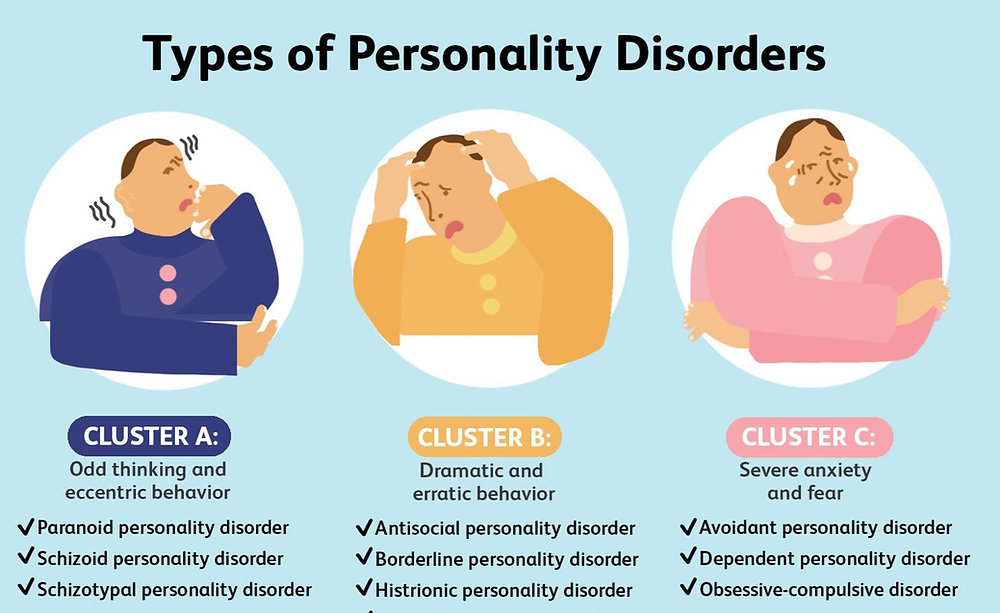Mood and anxiety disorders often coexist, creating a complex interplay of symptoms that can significantly impact a person’s quality of life.1 This comorbidity, or the simultaneous occurrence of multiple disorders, is common and can make diagnosis and treatment more challenging.2
Understanding the Connection
The exact reasons for the high comorbidity between mood and anxiety disorders are not fully understood, but several factors may contribute:
- Shared Biological Factors: Genetic and neurochemical factors may increase the risk of developing both mood and anxiety disorders.3
- Psychological Factors: Negative thinking patterns, stress, and trauma can trigger both depression and anxiety.4
- Environmental Factors: Adverse life events, such as job loss, relationship difficulties, or financial problems, can exacerbate symptoms of both disorders.5
The Impact of Comorbidity
When mood and anxiety disorders coexist, they can worsen each other’s symptoms.6 For example, anxiety can exacerbate depressive symptoms, and depression can increase feelings of anxiety and worry.7 This can lead to a vicious cycle that is difficult to break.
Treatment of Comorbid Mood and Anxiety Disorders
Treatment for comorbid mood and anxiety disorders often involves a combination of therapies and medications.8
- Psychotherapy: Cognitive-behavioral therapy (CBT) is a common treatment approach that can help individuals identify and challenge negative thoughts and behaviors.9
- Medication: Antidepressants and anti-anxiety medications can help manage symptoms.10
- Lifestyle Changes: Regular exercise, a healthy diet, and adequate sleep can improve overall mental health.11
It’s important to seek professional help if you are experiencing symptoms of both mood and anxiety disorders. Early diagnosis and treatment can significantly improve quality of life.
Remember, you’re not alone. Help is available. If you’re struggling with mental health issues, please reach out to a mental health professional or a crisis hotline.



